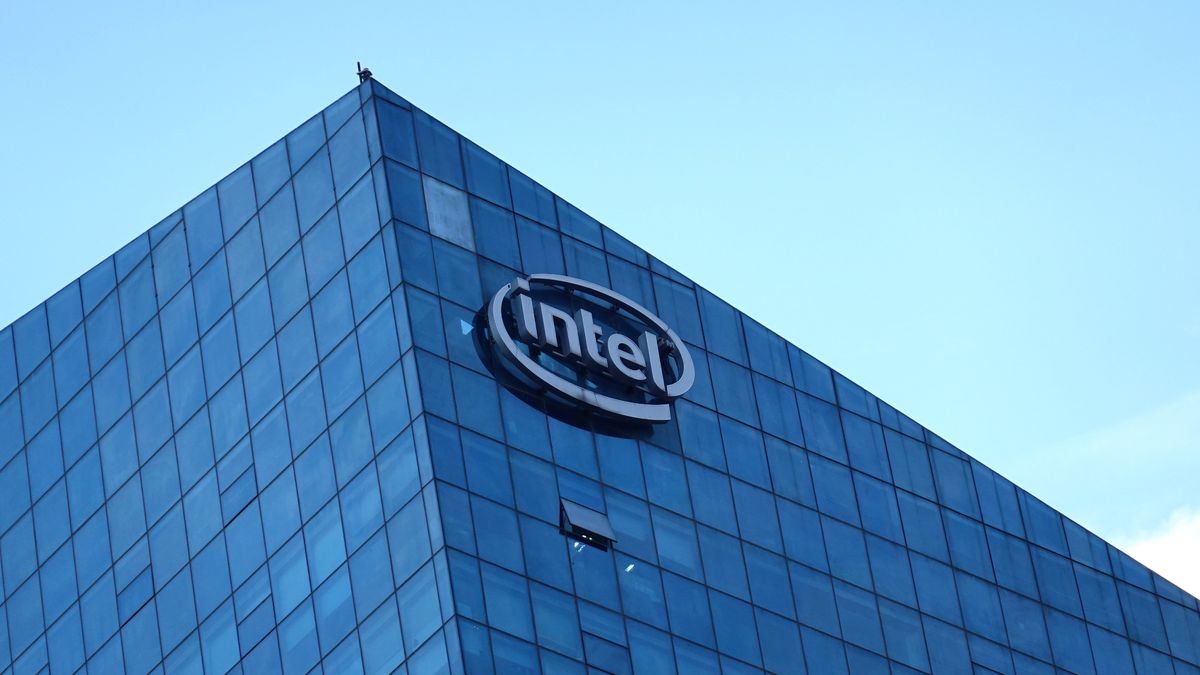President Donald Trump announced shockingly high tariffs on just about everything entering the U.S. on Wednesday, sending a panic through global markets and leaving experts puzzled. But at least some elected politicians in the U.S. think they can rein in Trump’s ability to impose tariffs by returning the power back to Congress. The question is whether it’s too late to do much good.
Sen. Chuck Grassley, a Republican from Iowa, and Sen. Maria Cantwell, a Democrat from Washington, introduced the Trade Review Act of 2025. The bill would require the president to notify Congress of any new tariff within 48 hours of its imposition. And it would mean that any new tariffs would need to be approved by Congress within 60 days or they would expire.
“For too long, Congress has delegated its clear authority to regulate interstate and foreign commerce to the executive branch,” Grassley said in a statement to NBC News. “Building on my previous efforts as Finance Committee Chairman, I’m joining Senator Cantwell to introduce the bipartisan Trade Review Act of 2025 to reassert Congress’s constitutional role and ensure Congress has a voice in trade policy.”
Trump announced a worldwide baseline tariff of 10% on just about every country on Wednesday while slapping additional tariffs on disfavored nations like China, which will now be 54%. Congress has the authority to levy tariffs, according to Article I, Section 8 of the U.S. Constitution, but the legislative branch has slowly ceded much of its authority in that area over the past century.
Trump used the International Emergency Economic Powers Act of 1977 to enact his latest global tariffs, which requires there to be an “emergency.” Trump has said trade deficits are the emergency that allows him to do this, a laughable assertion. But as we’ve learned from Trump, you can actually just do whatever you want as long as you’ve got all the guns. And Trump is the guy with all the guns right now.
As Politico notes, Grassley’s bill is unlikely to ever become law, even though there’s a similar bill already in the U.S. House of Representatives. That bill doesn’t have any Republican co-sponsors. And while it’s notable that Grassley is trying to take some power back from Trump, he still refuses to criticize the president in any meaningful way.
World leaders outside the U.S. however, are a different thing entirely. The global reaction has been one of confusion and anger. European Commission president Ursula von der Leyen made an announcement in the middle of the night, U.S. time.
“President Trump’s announcement of universal tariffs on the whole world, including the European Union, is a major blow to the world economy,” the president said. “I deeply regret this choice. Let’s be clear-eyed about the immense consequences. The global economy will massively suffer.”
Leaders in Canada, a country that used to be America’s closest ally before Trump destroyed that relationship in a matter of just two months, also expressed frustration with Trump’s moves on Thursday. Prime Minister Mark Carney said there was a new global reality as the U.S. abandoned long-held principles, but Canada would be “masters in our own home.”
“The 80-year period when the United States embraced the mantle of global economic leadership, when it forged alliances rooted in trust and mutual respect and championed the free and open exchange of goods and services, is over,” Carney said.
Trump had already imposed 25% tariffs on Canada and Mexico before Wednesday’s announcement for goods not already covered by an existing trade agreement. And four Republican senators signed on to a bill on Wednesday to halt Trump’s tariffs on Canada, though that bill is also likely to die in the House.
Kamala Harris, Trump’s Democratic challenger in the 2024 presidential election, repeatedly warned last year that his plan for the economy would destroy things. But Harris lost the election, as Americans decided they’d rather go with the fascist.
Apropos of nothing: Kamala Harris predicted this exact moment happening:
“Understand that part of Trump’s plan is to put in place a national sales tax of at least 20% on everyday goods and necessities.”
She warned us over & over again & she was so right.
— Victor Shi (@victorshi.bsky.social) April 3, 2025 at 12:20 AM
But the Trump regime is showing no signs of backing down from the tariff policies. Vice President JD Vance appeared on Fox News before markets opened on Thursday, insisting that Trump’s policies wouldn’t cause inflation to spike again.
“Remember during the first Trump administration, everybody said Trump’s tariffs were going to be inflationary back then? What actually happened? We had 1.5% inflation, we had the fastest-growing economy in a generation,” said Vance. “And then four terrible years of Biden administration. It is useful to step back and ask ourselves, what has the globalist economy gotten the United States of America?”
In reality, the inflation started at the end of Trump’s first term in 2020 because that was the year the covid-19 pandemic hit. It’s the reason that whenever Trump talks about having no inflation problems during his first four years he will slip in a qualifier like “virtually” in front of that “no.”
What’s ahead for the U.S.? Nothing good, it would seem. Trump, along with his buddy Elon Musk, have been dismantling many of the services that people rely on in times of crisis, precisely when the global economy appears to be on the brink of collapse. USDA, for example, recently canceled $1 billion in spending for food banks and schools. The term for this kind of move is resilience targeting. And we’re going to find out soon whether it’s paid off for Trump and his billionaire friends by leaving people desperate for a job, too hungry to fight back, and looking for a strongman to save them from the international allies that have just become enemies.









 English (US) ·
English (US) ·